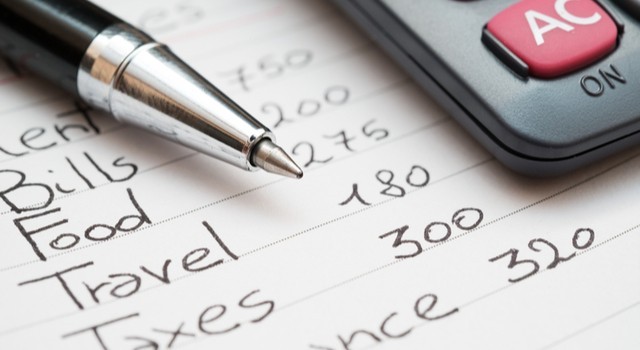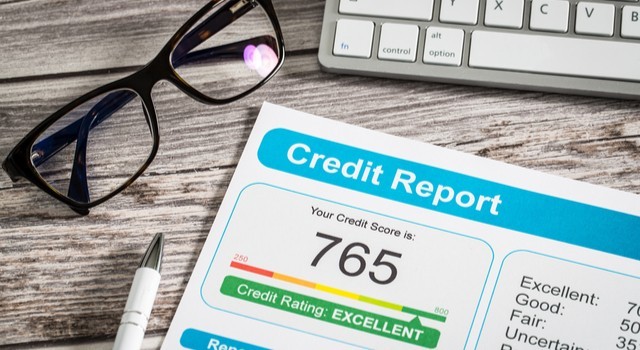Baby monitors
If you have a young baby you’ll most likely use a baby monitor to listen for them crying, or to keep an eye on them when they’re sleeping. If the baby isn’t asleep, however, or you don’t need to monitor them, it’s worthwhile switching the monitor off rather than leaving the system on standby, as it will draw electricity that’s not needed.
Charging mobile phones
We’re probably all guilty of leaving our mobile phone charger plugged in even when the phone is fully charged. It’s common practice to charge a mobile overnight, but the phone may only take a couple of hours or so to take on a full charge. This means its consuming excessive energy, so maybe try charging your phone during the daytime when you can check when it’s fully charged and unplug straight away.
Stereos
Stereo equipment that’s left plugged in or on standby is similar to your TV and games consoles. It continues to draw energy even when it’s not being used, leading to an electricity bill that’s higher than it needs to be at the end of the month.
Coffee makers
Coffee makers can be impressive pieces of equipment these days, making a range of different coffees previously only available from coffee shops. Unfortunately, many coffee makers also have a digital read-out that uses up electricity when the machine is left on.
Microwaves
In a similar way to coffee makers, the digital displays that are inherent with microwaves drain energy when not in use, so switch your microwave off at the plug rather than leaving the digital display on continuously.
Unplugging your home appliances will save you money on your energy bills, and with tariffs currently at historic highs, anything you can do to reduce your usage will make a difference to your finances overall.
If you would like more energy-saving advice on keeping up with your bills, Scotland Debt Solutions can help. We help Scottish residents to deal with debt, budget effectively, and manage their money, so please contact one of the team to arrange a free, same-day meeting.





